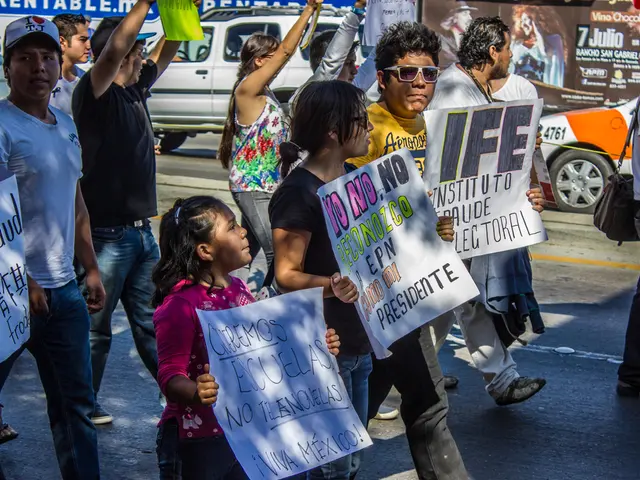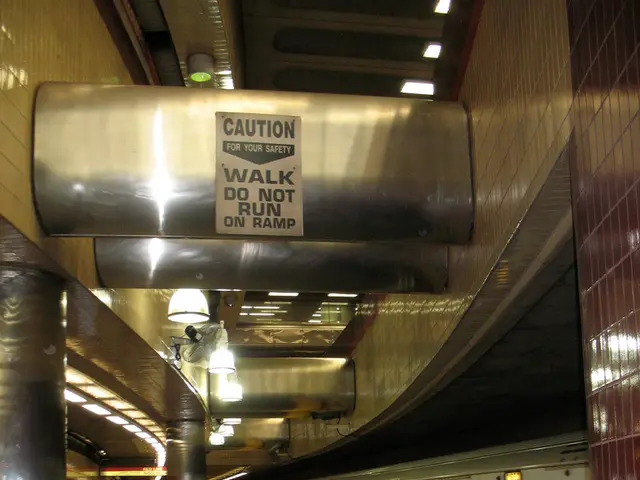Collaboration of Bangkok Authorities and Google to Optimize Traffic Using Artificial Intelligence
In a bid to address congestion and air pollution, Bangkok has partnered with tech giant Google to implement artificial intelligence (AI) in managing city traffic. The announcement was made by the Bangkok Metropolitan Administration (BMA) on Monday.
Google's Big Data and AI technologies will be employed to analyze real-time driving behavior and traffic patterns, primarily sourced from Google Maps data. This analysis will provide optimal traffic signal adjustments based on current traffic conditions, particularly alleviating bottlenecks during peak hours.
The BMA is committed to utilizing technology to streamline daily commuting for residents, according to BMA spokesman Ekwaranyu Amrapal. By integrating AI and big data into traffic signal systems, the city aims to create a more responsive and adaptive traffic management network. This move is expected to reduces air pollution alongside easing congestion.
The public is encouraged to report ongoing traffic issues through the Traffy Fondue platform, enabling authorities to address problems more precisely and efficiently.
This collaboration, known as "Project Green Light," places Bangkok among only 18 cities worldwide participating in this AI traffic management effort, highlighting its commitment to integrating advanced technology for urban sustainability.
The AI-based system works by analyzing ongoing traffic conditions and travel patterns, producing tailored recommendations to adjust the duration of green and red lights dynamically based on actual traffic volumes at different times of day. These recommendations are reviewed for safety and feasibility by traffic engineers before implementation.
The project's primary goal is to ease Bangkok’s notorious traffic congestion by reducing stop-and-go driving, shortening travel times, and smoothing vehicle flow. By minimizing unnecessary idling and halts, the project aims to lower roadside air pollution and greenhouse gas emissions from vehicles—a significant environmental benefit in a city struggling with high pollution levels.
Early results from similar projects worldwide suggest reductions of up to 30% in road stops and around 10% in vehicle emissions, with over 55 million car journeys monthly influenced by the system. This collaborative initiative aims to create smoother commutes and contribute to improved air quality in the city.
The BMA's commitment to urban sustainability through technology extends beyond traffic management, as they also aim to incorporate AI in other city operations, possibly in finance or transportation sectors.
By analyzing various data sources, such as finance reports in budget allocation or transportation usage patterns, AI can provide valuable insights for decision-making, addressing inefficiencies, and promoting growth within the city's industry and transportation sectors. Artificial intelligence, including its applications in transport and finance, could potentially contribute to Bangkok's long-term economic development and overall livability.








